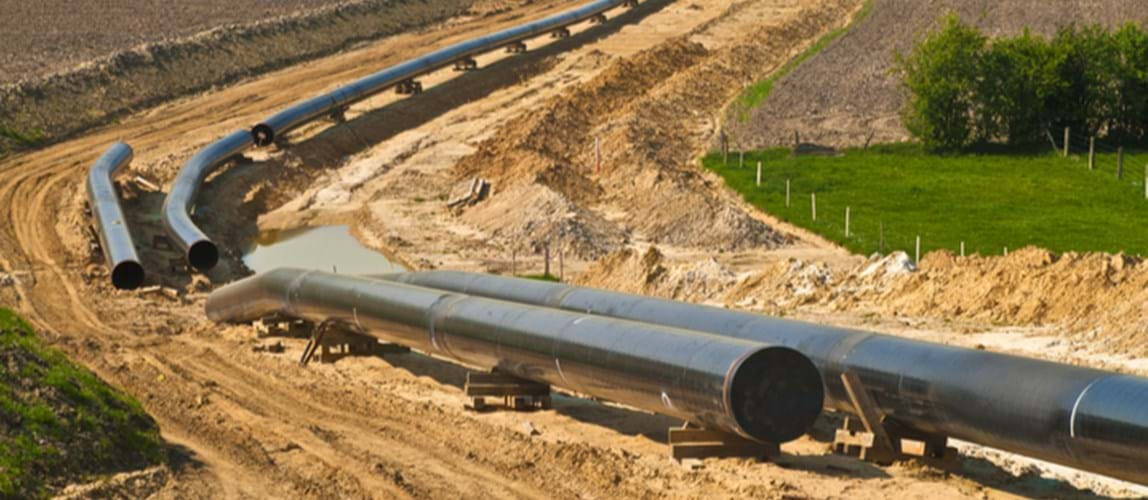Clean Energy
Operation of a Carbon Capture and Storage Network – a primer

- Date From 31st March 2020
- Date To 31st March 2020
- Price Free of charge
- Location Online
Overview
Carbon capture, utilisation, and storage (CCUS) is a key building block in the drive towards net zero greenhouse gas production worldwide. Waste CO2 gas from power production, industrial users, hydrogen production, and other sources can be captured and sequestered in geologically stable long-term storage.
A pipeline network is typically required to transport CO2 from capture to storage. These networks must be designed to safely and reliably operate under all possible scenarios: with CO2 from any combination of suppliers; from very low flowrates to maximum sequestration rate; from minimum storage pressure to abandonment. They must operate with CO2 as a gas, as a liquid, and as a two-phase fluid.
The design of a pipeline network is complicated by impurities in the CO2, by limitations of the capture technologies, by limitations of the injection well, and of the long-term storage target. There are challenges associated with compression, startup, and both deliberate and accidental release of the CO2. There are also knowledge gaps around the behaviour of CO2 fluids, and sometimes politics plays an important role.
This webinar presents a primer for how to design and operate a CCUS pipeline transport network.
Presenter
Matthew Healey, Founder and Director of Pace Flow Assurance
Matthew Healey is the founder and director of Pace Flow Assurance, the largest independent flow assurance consultancy in the UK.
Matt has been at the forefront of CO2 flow assurance for ten years. He wrote the industry- standard methodology for true multicomponent flow assurance modelling of CO2 with impurities. He, and Pace generally, are industry leaders in thermodynamic modelling of CCUS fluids, CCUS flow assurance, and operation of CO2 transport pipeline networks. Matt has led a wide range of CO2 and CCUS projects.
The material presented has not been peer-reviewed. Any opinions are the presenter’s own and do not necessarily represent those of IChemE or the Clean Energy Special Interest Group. The information is given in good faith but without any liability on the part of IChemE.
Format
A one-hour online session: 40 minutes' presentation + 20 minutes' Q&A.
Webinar archive
This webinar is free of charge and open to all to attend, but if you wish to access the slides and a recording to replay on demand then you'll need to be a member of the Clean Energy Special Interest Group.
If you're interested in giving an online presentation to our international community of chemical engineers, we'd like to hear from you. Please email our special interest groups support team with information on yourself and your proposed talk.
Back to events